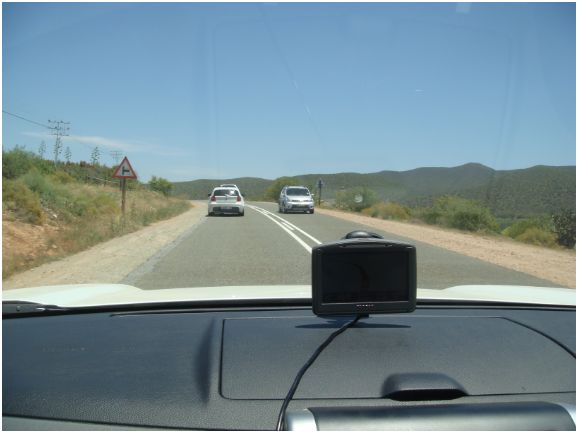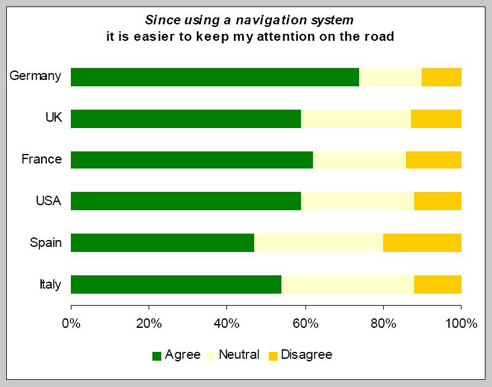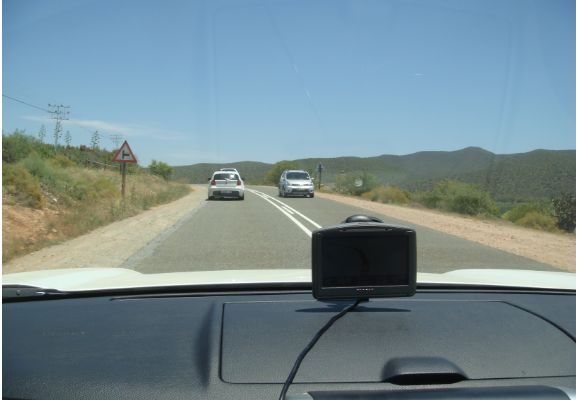
Driver attentiveness received much publicity during the past year. Several research studies were aimed at the risks of driver distraction and cellular phone technology have been pinned as one of the major contributing factors to driver distraction.
But what are the relationship between driver workload and the use of a GPS device? Does a GPS device help the driver to keep his eyes on the road or is it further distracting the driver?
From the studies with the instrumented vehicle by TUV and DLR (Germany) and by Virginia Tech Transportation Institute (the USA) it is clear that the use of a navigation system reduces driver workload when driving in an unfamiliar area. Workload in these studies was measured objectively – by means of the Peripheral Detection Task – and subjectively – by means of the RSME (Rating Scale Mental Effort).

In the survey the majority of the users in most countries indicate that the use of a navigation system makes it easier to keep their attention to the road which is in line with the workload findings from the instrumented vehicle studies.
Again, the results from the user survey in the Netherlands (Vonk et al.,2007) support the above findings concluding that navigation systems make it easier to keep their attention on the road, that the objective workload reduces when driving with a navigation system in an unfamiliar area and also more than two thirds of users do not agree with the statement that they are more distracted by the use of a navigation system.

Also view:
• GPS and Road Safety
• GPS Navigation Technology and buying a GPS Device
• GPS works best in partnership with common sense
The Accidents Blog at www.accidents.co.za

